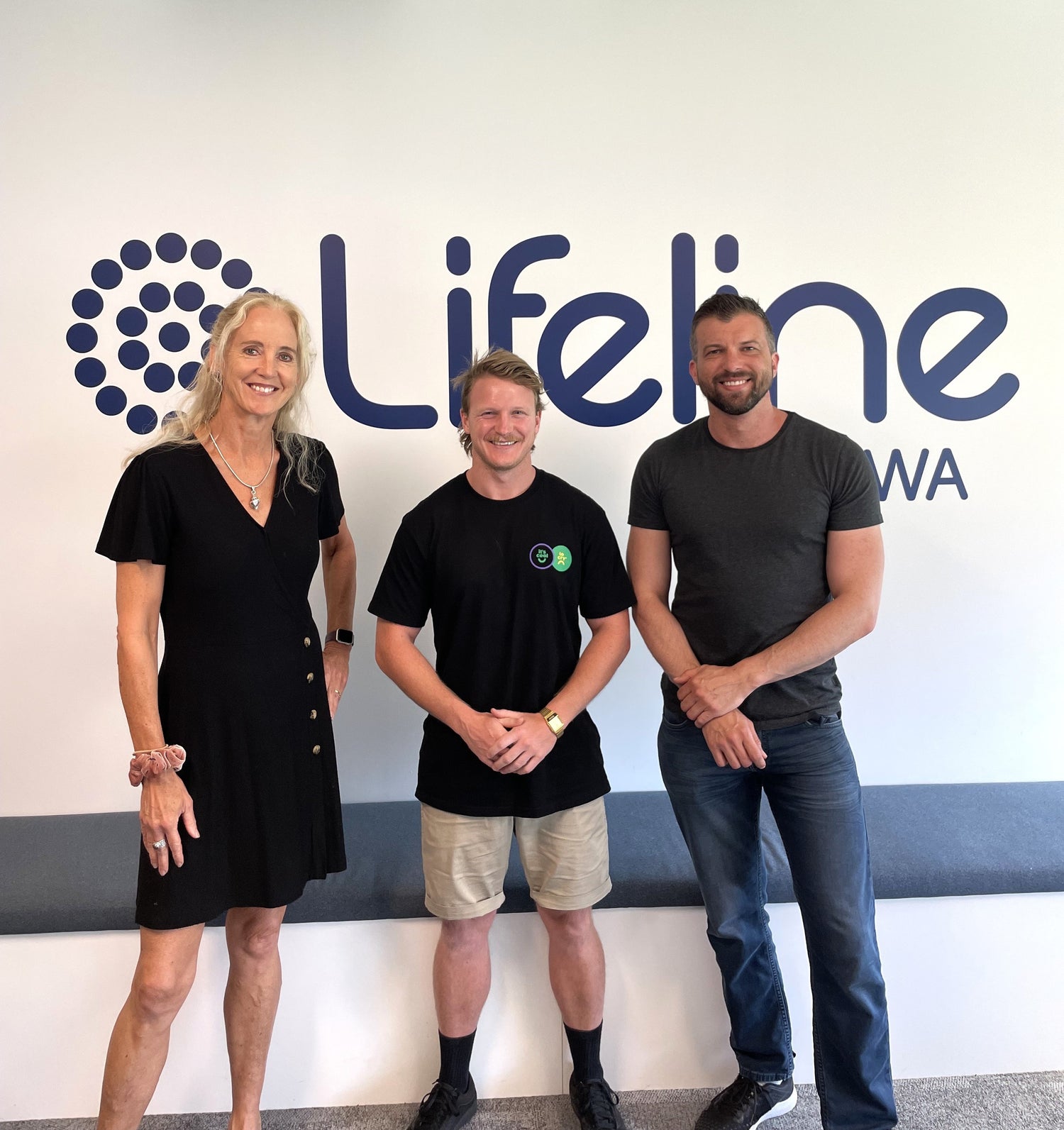Mental Health Conversations Workshop

Mental health conversations can be difficult to start and get right.
But we know that struggling in silence can be harmful.
When people and teams don’t feel confident talking about mental health, it leads to silence, disconnection and missed opportunities for support.
These workshops are designed to empower people to undertake help seeking behaviour and build healthier, more connected and productive teams.
They’re highly engaging, participation-driven workshops built to boost culture from the inside out.
Together, we’ll replace confusion around mental health into confidence in three key areas:
- Confidence that our mental health is normal
- Confidence to have conversations
- Confidence about clarity

How I
Create Confidence
By drawing parallels with physical health, this workshop empowers people to know that their mental health is normal and can be worked on.
For example: We look after our physical health to prevent physical illness. Similarly, we can look after our mental health to prevent mental illness.
We use diet and exercise to prevent, say a heart attack. The same way we can talk about what we're feeling before it becomes overwhelming to try and prevent mental illness.
I cut through any confusion between mental health and mental illness and make mental health conversations approachable.

How (& Why) I
Create Conversations
You can't describe what you're feeling if you don't know the word for it.
I give people tools to properly identify and articulate what they're feeling, so they can have better conversations about their mental health.
This is an evidence based practice known as "affect labelling. " Doing this properly automatically helps the brain to manage and respond to an emotional experience. It's commonly referred to as "Name it to tame it."
I run a simple exercise at the beginning and end of the presentation, to show people how they can improve their emotional vocabulary and IQ.
This is about practice, not perfection.

Why do I create
Clarity?
These conversations bring clarity and relief.
If you’ve ever spoken up and felt like a weight was lifted, that is the feeling I want more people to experience.
The more people experience this clarity, the more confident they become in continuing mental health conversations.
The more conversations we have, the more empathy and understanding we create. And with that, we break down shame, guilt, fear of judgment and ultimately, the stigma.
What participants are saying
What clients are saying
I've also worked with
FAQs
Who runs the workshop?
It's Cool To Cry founder, Jack Davis. Jack is Mental Health First Aid trained, has a wealth of lived experience and in his words "froths mental health".
How long does it go for?
Typical workshops run between 50 and 60 minutes. Some run over depending on the amount of participant involvement (which is encouraged).
Is it in person or on-line?
Either! However, Jack is based in Melbourne so please consider this.
Who is it suitable for?
The workshop has been run at schools, sporting clubs and businesses. There is reference to suicide and mental illness, it's sugested that anyone 16 and younger is accompanied by a parent or guardian.

























